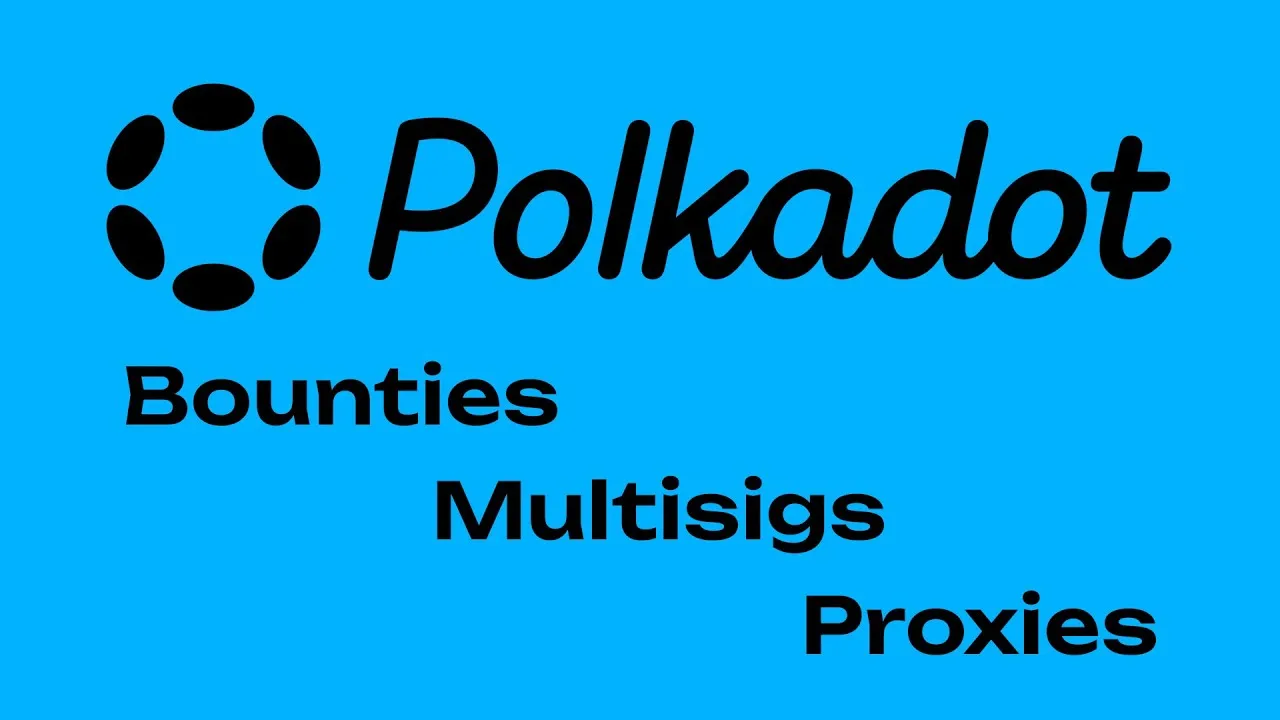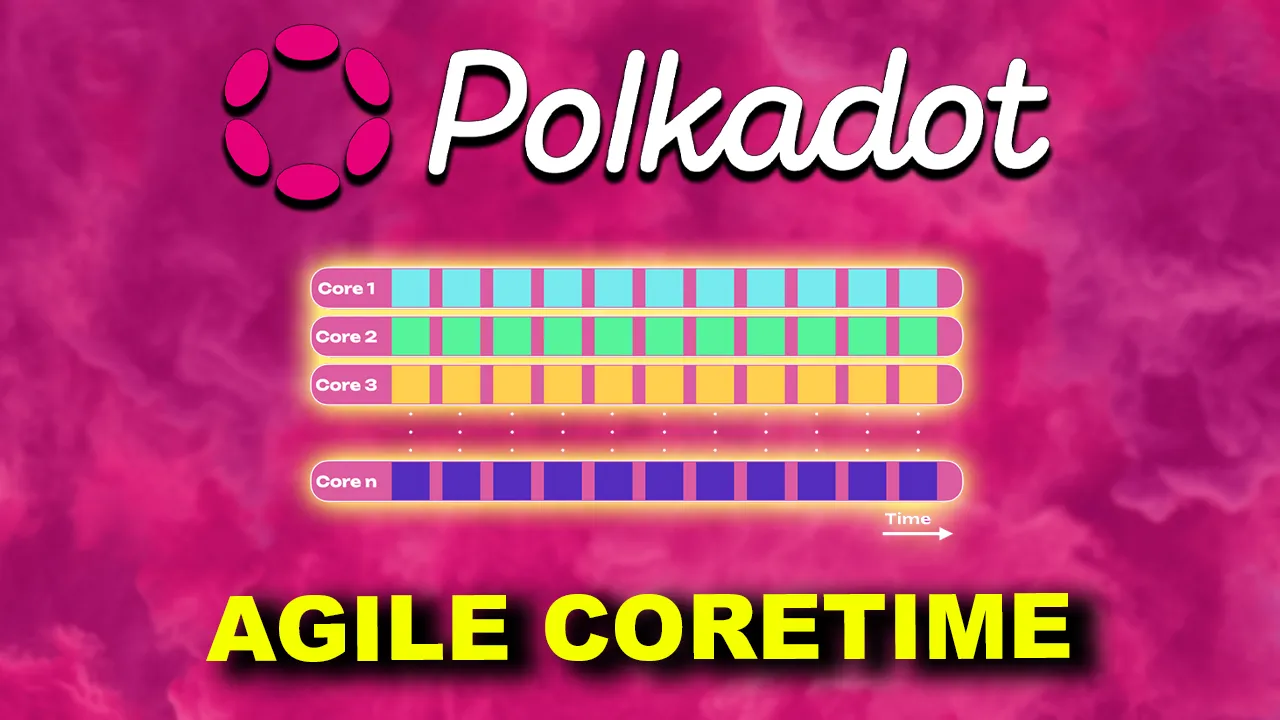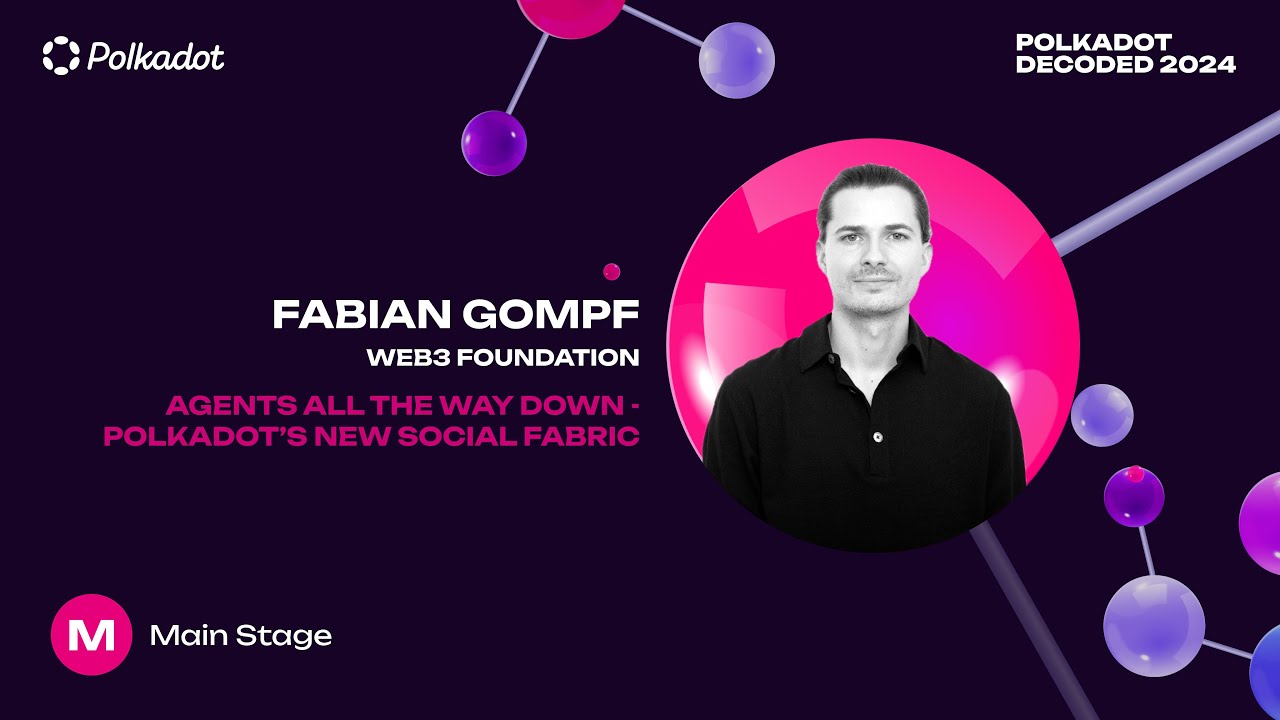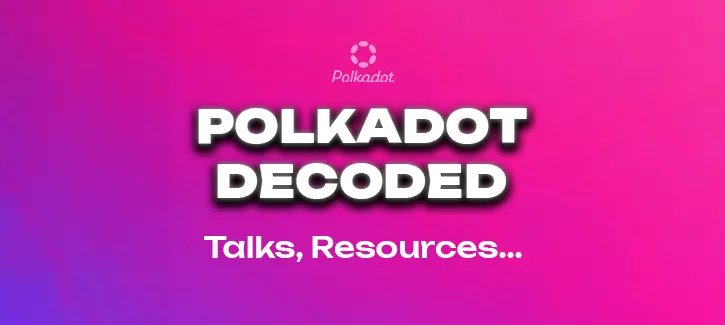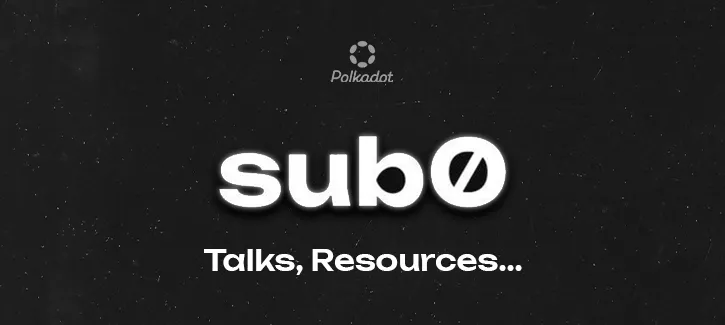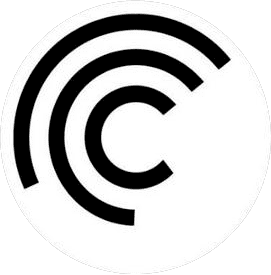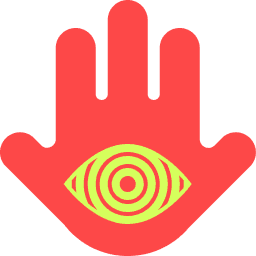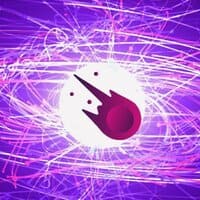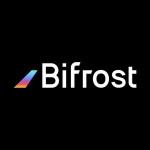
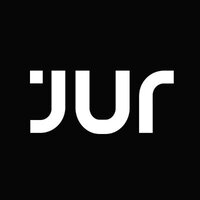
Jur Network
Jur enables anyone to create new societies—and potentially new countries—using just a computer and an internet connection.
Jur: Building Tools for the Network State Revolution
The first wave of Web3 adoption focused primarily on financial applications of distributed ledger technology. However, the next wave is poised to impact the physical world through non-financial applications. Despite technological advancements, our approaches to social organization have lagged. For billions of people, there is an urgent need for new forms of social organization. Jur is addressing this need by providing Web3 technology to support the creation and governance of new societies.
Jur’s Mission: Bringing Power Back to the People
Jur enables anyone to create new societies—and potentially new countries—using just a computer and an internet connection. Simultaneously, existing states can leverage Jur’s Web3 technology to enhance transparency and efficiency. Jur envisions a future where the Network State concept encompasses a spectrum of approaches, allowing individuals to find the social contracts that best suit them. To achieve this, Jur is building a scalable and flexible trustless coordination foundation layer for large groups, capable of supporting millions of people.
Understanding the Network State
A Network State is a state operating through an on-chain social contract, without the need for physical territory. It represents a new form of organization that can complement or replace traditional structures, offering various benefits. The Network State encompasses a spectrum of concepts, including different types of communities, societies, DAOs, and Network States. Some aim to become real countries, while others form purpose-driven communities organized for peaceful action. The essence of a Network State lies in the on-chain social contract between rulers and the ruled, as articulated in Balaji Srinivasan’s book, “The Network State.”
Types of Network States
1. Ideological Network States: These are based on specific moral imperatives or ethos, such as a Vegan Country or a Keto Kosher Country. The founding reason is a particular vision of things or moral principles.
2. Non-Ideological Network States: These focus on economic efficiency and legal benefits, such as an ideal digital jurisdiction for online business with minimal taxation and efficient services.
3. Nested Network States: These have obtained recognition from an existing jurisdiction, similar to a Special Economic Zone. While no Nested Network States currently exist, Jur aims to establish a framework with existing jurisdictions.
4. Sovereign Network States: These have achieved full diplomatic recognition and are acknowledged by other sovereign states.
Jur’s Vision and Tools
Jur’s vision is to support the entire journey of a community, from a group of members sharing common values to a fully-fledged state with its own government and diplomatic recognition. Jur’s stack includes various modules and pallets to facilitate this evolution:
1. Community Module:
- Community Pallet: Allows the creation of a Community, the foundational building block of a future Network State. A Community is created and led by a Founder who sets the initial values. Members can propose and vote on changes to these values.
- Proposal Pallet: Enables on-chain signaling of community sentiment. Proposals can change community values, with voting to express opinions. Future versions will include governance mechanisms to change community values through voting.
2. Treasury Module:
- Treasury Pallet: Manages community assets, funding initiatives led by community members. A Treasury Committee evaluates and approves projects.
- Project Pallet: Allows community members to propose initiatives for funding. Projects are evaluated based on milestones, with funds disbursed upon completion.
3. Oracle Module:
- Oracle Pallet: Creates panels of members who assess outcomes in exchange for a fee. Initially used to verify project milestones for fund disbursement, with future versions offering more complex assessments.
4. Dispute Resolution and Trade Modules (WIP):
- Jur envisions additional modules to handle disputes and facilitate trade between community members, ensuring smooth operation and governance.
The Network State Concept
Jur’s implementation of the Network State concept follows the vision of Balaji Srinivasan, consisting of four phases:
- Startup Society: A nascent community with shared values.
- Network Union: A cohesive social network with a collective consciousness.
- Network Archipelago: A series of interconnected communities.
- Network State: A fully recognized state operating through an on-chain social contract.
Conclusion
Jur is at the forefront of the Network State revolution, providing the tools and infrastructure needed to create and govern new forms of social organization. By leveraging Web3 technology, Jur empowers individuals and communities to experiment with various organizational models, ultimately aiming for universally beneficial forms. As part of the Polkadot ecosystem, Jur’s scalable and flexible foundation layer is set to transform how we think about and organize societies, offering true freedom and transparency for all.
- Related Token/s: JUR

